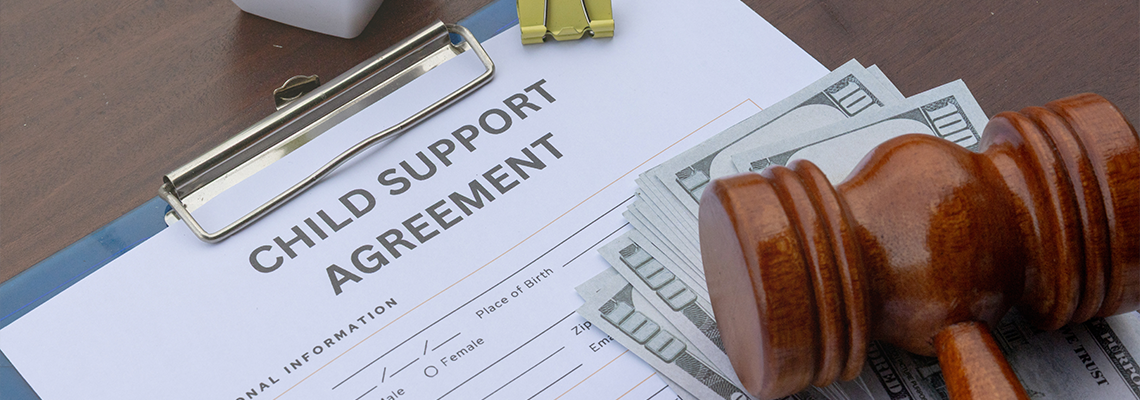
Driving While Impaired (DWI) is a serious offense with consequences that can affect your driving record, finances, and future opportunities. If you face a DWI charge, you need skilled legal representation as soon as possible.
At Le Fleur Law, attorney Annie Le Fleur is known for her zealous courtroom advocacy, compassion for her clients, and deep understanding of criminal law. With her client-focused approach and years of experience, she aims to secure the best possible outcomes for her clients.
If you're facing DWI charges in Colorado, working with Le Fleur Law can go a long way in getting your life back on track.
What is a DWI, and How Can It Affect Your Driving Record?
A DWI, or Driving While Impaired, involves operating a vehicle while under the influence of alcohol, drugs, or a combination of substances.
Colorado law enforces strict penalties for impairment behind the wheel, which can include fines, points on your driving record, license suspension, and even jail time.
The impact on your driving record begins immediately after an arrest. A DWI conviction not only adds points to your record but can also result in a written notation that can impact your insurance premiums, employment opportunities, and future mobility.
Key Consequences of a DWI on Your Driving Record
Point accumulation: A DWI conviction can add 12 points to your driving record, which is enough to result in license suspension in Colorado.
License suspension or revocation: First-time offenders may face automatic suspension, while repeat offenders could lose driving privileges for years.
Higher insurance costs: A mark for impaired driving tells insurance agencies that you’re a high-risk driver. This causes premiums to spike, making coverage significantly more expensive.
Long-term record mark: A DWI conviction will stay on your driving record for years and may be visible to potential employers, insurers, or others conducting background checks.
The consequences for your driving record extend far beyond mere inconvenience. If you’re charged with a DWI, proactive intervention is key to minimizing long-term damage.
DWI Laws in Colorado
Like all states, Colorado laws are designed to prevent impaired driving and penalize those convicted of DWIs. Here are some key aspects you should understand.
Blood Alcohol Content (BAC) Limits
Colorado’s legal Blood Alcohol Content (BAC) limit is 0.08%. However, drivers with a BAC between 0.05% and 0.08% can face a lesser charge known as Driving While Ability Impaired (DWAI).
For commercial drivers, the legal BAC limit is 0.04%, while those under 21 can face penalties for a BAC as low as 0.02%.
Administrative Penalties
Apart from the legal consequences, Colorado residents charged with a DWI face administrative penalties enforced by the Department of Motor Vehicles (DMV).
These include license suspension, which can take effect just days after an arrest. Drivers have a limited window—often seven days from the date of arrest—to request a hearing to contest the automatic suspension.
Ignition Interlock Devices (IID)
Individuals convicted of a DWI may be required to install an Ignition Interlock Device (IID) in their vehicle after regaining their driving privileges.
Drivers must provide a clean breath sample before starting the car, while violations are recorded and reported to law enforcement.
Penalties for First-Time vs. Repeat Offenders
First-time DWI offenders in Colorado typically face fines, mandatory public service, and license suspension.
For repeat offenders, the consequences escalate dramatically and may include incarceration, mandatory alcohol education programs, and longer suspension periods.
The Financial Toll of a DWI
The financial strain of a DWI often extends far beyond fines. Here’s a breakdown of how it can impact your wallet:
Fines: A DWI attracts substantial court fines, which increase significantly for repeat offenses.
Legal costs: While the cost of legal representation varies, hiring an experienced attorney helps reduce the risk of heavier penalties, ultimately saving you money in the long term.
Ignition interlock installation: Drivers may face the cost of installing and maintaining an IID device, which can add up over time.
Insurance rate hikes: Insurance providers often label drivers with a DWI as high risk. Premiums may double after a conviction.
Reducing the Impact on Your Driving Record
While a DWI has serious implications, taking immediate steps with legal guidance can help you mitigate the damage.
Challenge the arrest or evidence: An attorney can review the circumstances of your arrest, BAC testing methods, and procedural consistency to build your defense.
Attend a DMV hearing: Acting quickly to request a hearing can help you fight license suspension penalties.
Negotiate plea deals or reduced charges: An experienced criminal defense attorney may negotiate a reduction to a lesser charge like DWAI, reducing points and penalties.
Complete court-ordered programs: Successfully completing alcohol education programs or community service may positively influence court penalties.
Criminal Defense Attorney in Grand Junction, Colorado
If you’re facing DWI charges in Colorado, Attorney Annie Le Fleur offers a unique combination of empathy, experience, and fierce courtroom advocacy.
With a strong focus on your needs and a commitment to striving for the best possible outcome, Le Fleur Law provides guidance rooted in passion and knowledge of Colorado criminal law.
Proudly serving Grand Junction, Mesa, Delta, and Montrose Counties, attorney Le Fleur equips clients with the tools needed to overcome DWI charges.



